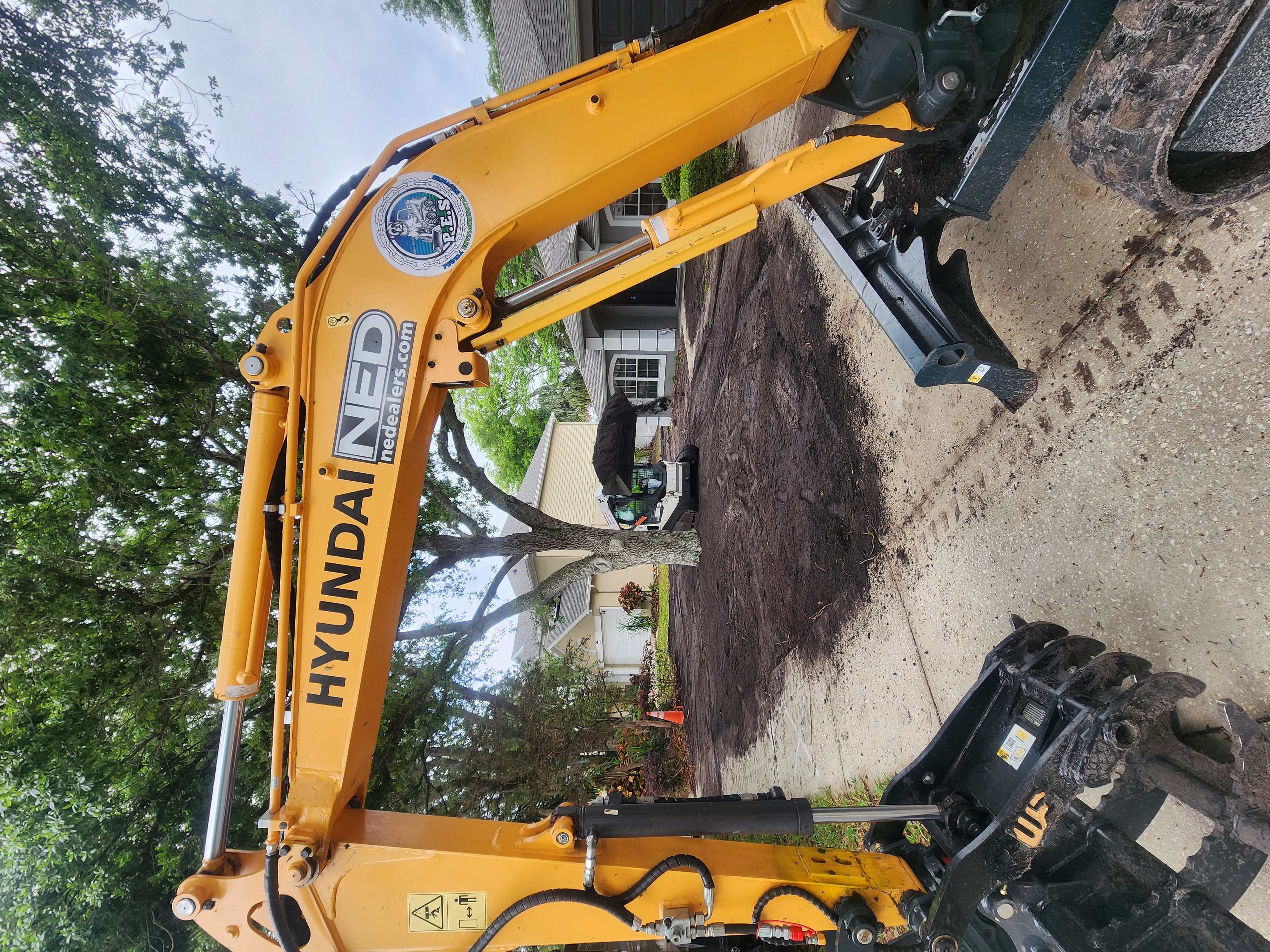
The Art and Science of Effective Grading for Construction Projects Sep 13, 2025
Begin with a clear understanding of the project’s needs by conducting a thorough site survey. Assessing the land's natural slopes, soil types, and drainage patterns is vital for forming a grading plan that aligns with environmental and structural requirements. A meticulous survey helps identify challenges such as soil erosion or drainage issues that could derail the project if not addressed early on.
Collaboration with environmental engineers can significantly enhance the grading process. Their insights can be invaluable, particularly when it comes to integrating sustainable practices that minimize ecological footprint. By incorporating these best practices, such as optimal soil compaction and erosion control techniques, you not only comply with environmental regulations but also achieve a landscape that naturally supports the intended structure.
Precision is the cornerstone of effective grading. Utilizing advanced technology, like GPS and laser leveling equipment, allows for unparalleled accuracy in grading operations. These tools help in achieving the exact slope and level required, ensuring that the project moves forward on solid ground, literally and figuratively. Accurate grading not only supports the structural integrity of the build but also minimizes the risk of water pooling or flooding, which can undermine the durability of the project.
Paying attention to drainage is another critical aspect of grading. Proper planning and execution can prevent water-related issues, which are common causes of structural damage. Incorporating effective drainage solutions during the grading process helps to redirect water flow away from the building foundation, protecting the structure and promoting longevity. Proper grading ensures that rainwater is effectively drained away, reducing the potential for erosion and other water-related issues that can compromise the site over time.
The finishing touches of the grading process often get overlooked but should not be underestimated. Fine detailing can address potential pitfalls and enhance the aesthetic appeal of the site. By ensuring the grade smoothly transitions with the surrounding environment, you create a seamless connection between the natural and built landscape. This not only adds aesthetic value but also ensures compliance with local zoning and landscaping regulations.
In conclusion, effective grading is both an art and a science that requires a thoughtful approach, precise execution, and a focus on sustainability. At Powell Environmental Services, we strive to integrate these elements, offering expert land clearing and grading services that lay the groundwork for successful construction. Whether it's a large commercial development or a residential plot, understanding the intricacies of grading can save time, money, and resources, ensuring your project not only stands strong but also supports environmental health.
By prioritizing precise grading and comprehensive planning, you ensure that your construction project has a solid and enduring foundation. Let Powell Environmental Services guide you through this essential aspect of construction, making the process seamless and efficient, and ushering in a new era of responsible building practices.
/filters:no_upscale()/media/68dc5208-3ce4-44bc-9c7d-b3e895f21c09.png)
/filters:no_upscale()/filters:format(webp)/media/8f7e4ca8-6659-4ee6-8306-970c87528d46.jpeg)